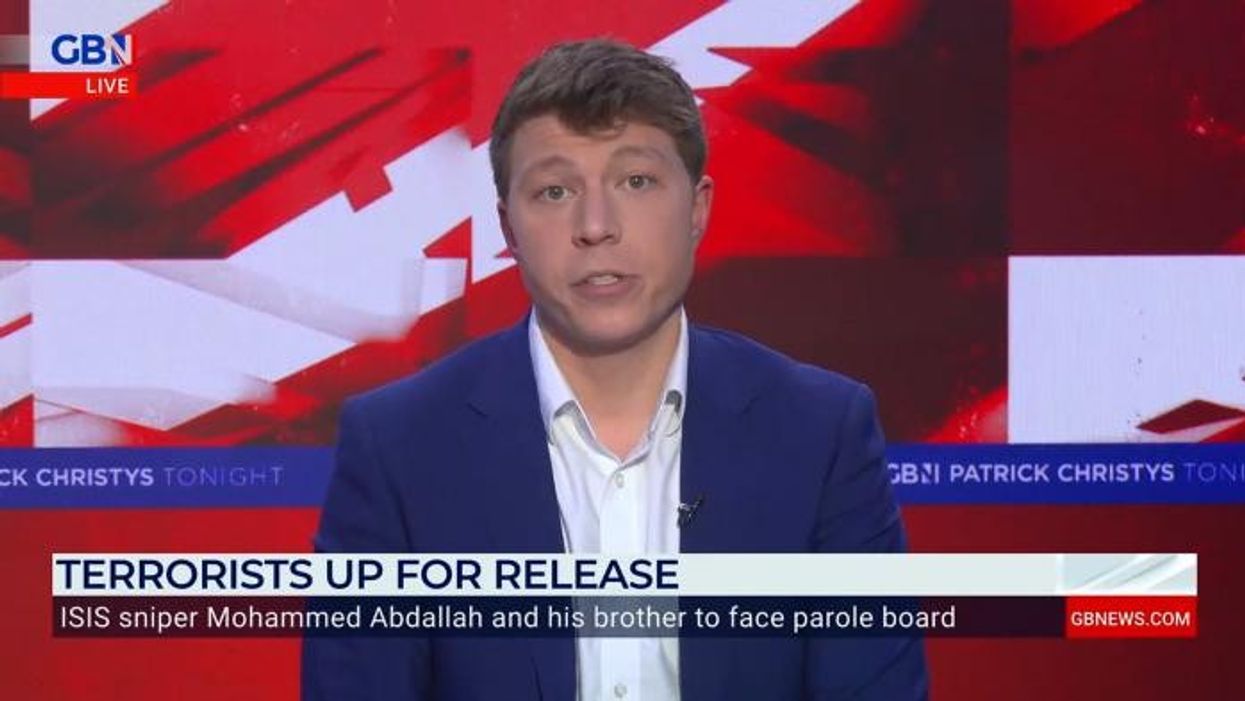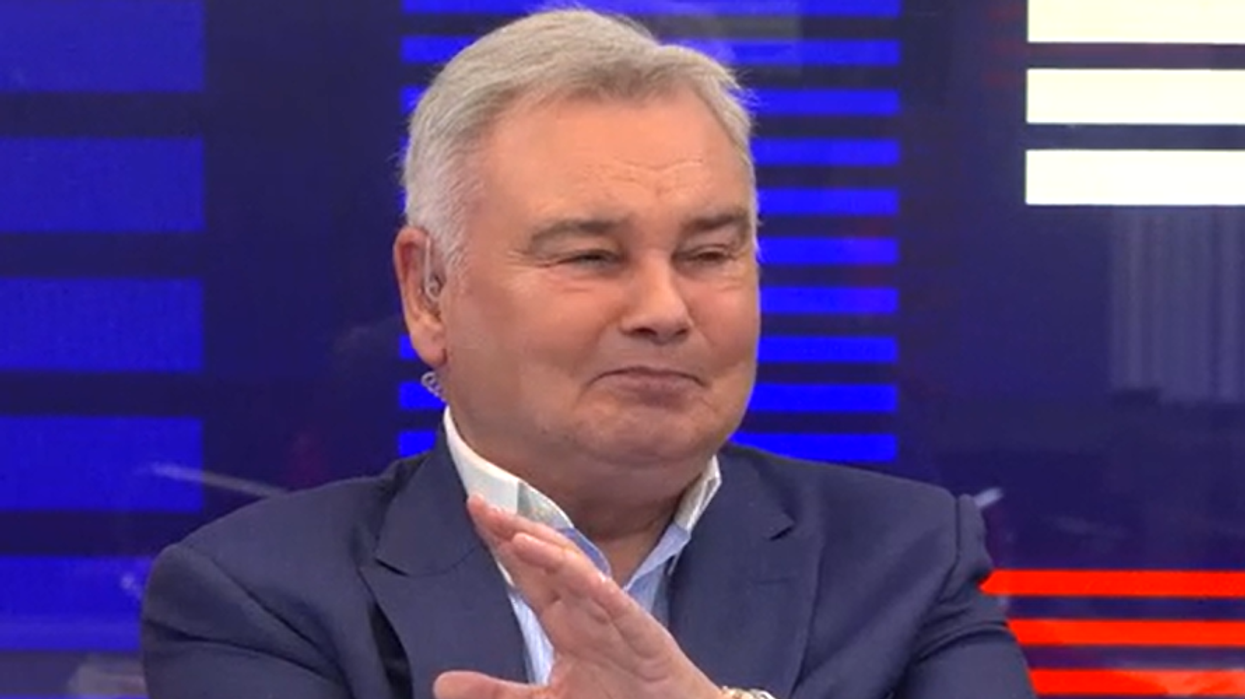
Jade Clough was a victim on the attack at an Ariana Grande concert
One of the survivors of the Manchester Arena bombing has said she does not believe two convicted terrorists should be released from prison, describing the prospect as “scary”.
Jade Clough said no one could be sure that Mohammed Abdallah, 26, from Manchester and his brother Abdul Raouf, 24, had been fully rehabilitated and whether they would go on to commit further acts of terrorism.
Her warning comes as GB News can reveal that the pair are set to appear before the parole board within weeks.
Speaking to GB News Jade Clough said: “[Mohammed and Abdalraouf] have got direct links to Salman Abedi and his brother and I think on a personal level it is very close to home. I just don't know whether they'd be safe on the streets or whether we’ve even got the resources to be able to monitor what will go on, post release.
“Following that night it's been a long, long recovery. I don't think that you ever recover from something like that. Not fully, not emotionally. Physically, you can recover but you have to live with the physical and mental scars every day.
“People say after it, you'll get back to normal at some point but there is no normal, you have to create a new normal.
“The new normal is not particularly wanting to go to crowded places, avoiding them as much as you can. If you do have to go to crowded places for whatever reason, you'll be looking for where the nearest exits are, analysing what's going on around you.
“You can never really live in the moment if you are in a crowded place or even in a place like an airport or a train station or somewhere where there's people.
“It changes your whole perspective on how you view life and what's deemed as being safe and what's not."
Describing her emotions about the idea the pair might one day be freed she said: “It’s terrifying. It’s scary. You don't know what goes on in the country with relation to how many people we have on our watch list. But to know that someone who has had a direct link to the attack, who has affected me and countless others, to know that they could be released and potentially walking around the streets - it's scary.
“I think more than insulting it's more scary, the thought of it.
“I don't know the ins and outs of the de-radicalisation process. I'm assuming it includes extensive therapy. And I don't know whether I think that people who are that far gone can be really rehabilitated.
“But I think that the problem with it is that you probably won't know. You just don't know; there's always that level of uncertainty. I don't think by any means that people can't be rehabilitated because I believe that people can.
“But in that circumstance, when they’re that far gone, I just don’t know.
“I think Parole boards, when they're considering any kind release for people who've committed terrorist offences, need to think of the victims or survivors; people whose lives have been massively affected and have them at the forefront of their decisions that they make.”





















